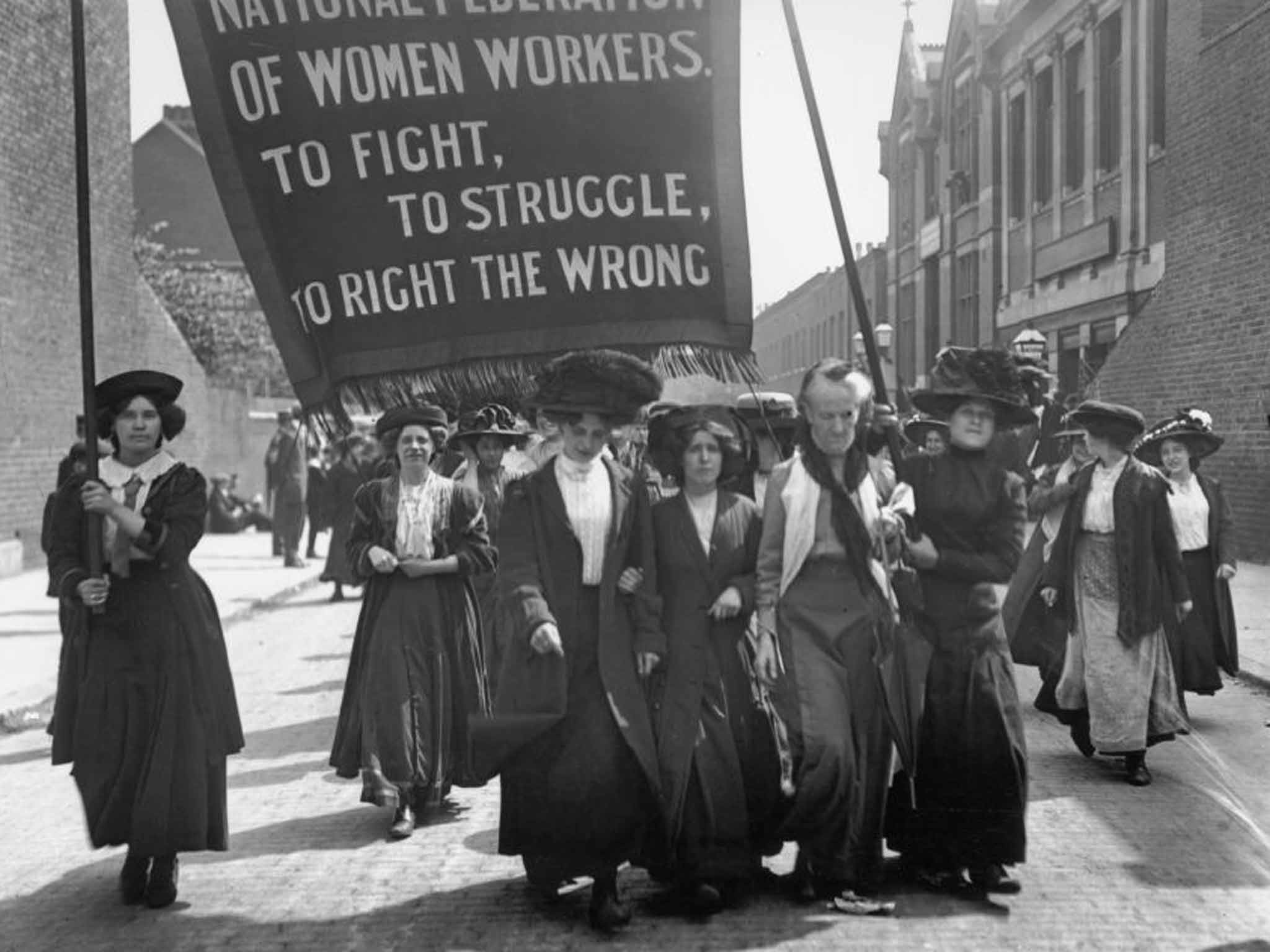Frances Connelly: The British woman who quietly made history voting seven years before it was legal
Frances Connelly was able to vote in a Somerset by-election after officials accidentally marked her down as male

Your support helps us to tell the story
From reproductive rights to climate change to Big Tech, The Independent is on the ground when the story is developing. Whether it's investigating the financials of Elon Musk's pro-Trump PAC or producing our latest documentary, 'The A Word', which shines a light on the American women fighting for reproductive rights, we know how important it is to parse out the facts from the messaging.
At such a critical moment in US history, we need reporters on the ground. Your donation allows us to keep sending journalists to speak to both sides of the story.
The Independent is trusted by Americans across the entire political spectrum. And unlike many other quality news outlets, we choose not to lock Americans out of our reporting and analysis with paywalls. We believe quality journalism should be available to everyone, paid for by those who can afford it.
Your support makes all the difference.It was years of suffrage across the globe that led to a select number of British women being granted the right to vote in 1918.
But thanks to a systematic error on the electoral register, it is believed that one woman was able to cast her vote some seven years previously.
In 1911, Frances Connelly was mistakenly added to the electoral role and sent a polling card for a local by-election in Yeoville, Somerset.
The error is thought to have occurred after someone assumed she was a man from the spelling of her name.
Seeing Ms Connelly walk into the polling station, Conservative agent Harold Fletcher debated the matter with WT Snell, barrister of the Western Circuit, it was reported.
The two officials consulted presiding officer WW Henley, who agreed they had no choice but to let her cast her vote.
The rules at the time stated that in order to vote, individuals had to be the person named on the register card and were not allowed to have cast votes previously in the same election – both criteria Ms Connelly met.
A report from a local newspaper dated November 29, 1911 reads: “The election will be remembered for the first time in the history of the constituency a woman claimed and was allowed to exercise the Parliamentary franchise.
”At the very moment a Suffragist's car was touring Yeovil displaying to an amused crowd the legend 'Mothers want votes', a lady was putting her cross against the name of Mr Aubrey Herbert - at least she is supposed to be on the Unionist side - at the Town Hall.
“The point was carried, and Mrs Connelly voted. What is more her vote was recorded in the ordinary way - not upon a 'tendered' paper - and was counted with the others.”
While her vote caused shock at the time, Ms Connelly was not the first British woman to carry a polling card.
In 1867, Lily Maxwell voted in a by-election in Manchester where regulations granted the right to all ratepayers, but overlooked the need to exempt women from the rule.
Several female property owners in Manchester followed her lead, but the loophole was plugged in the following year, and women’s suffrage declared illegal.
Women were first granted the vote in 1918 - but it was a privilege only given to wealthy, land-owning women over the age of 30. It was not until 1928 that full suffrage was introduced.
Ms Connelly, of Reckleford, Yeovil, died in 1917 at the age of 48 and did not live to see women get the vote.
Join our commenting forum
Join thought-provoking conversations, follow other Independent readers and see their replies
Comments